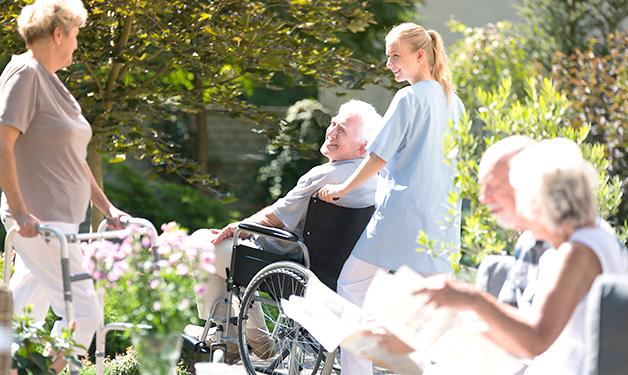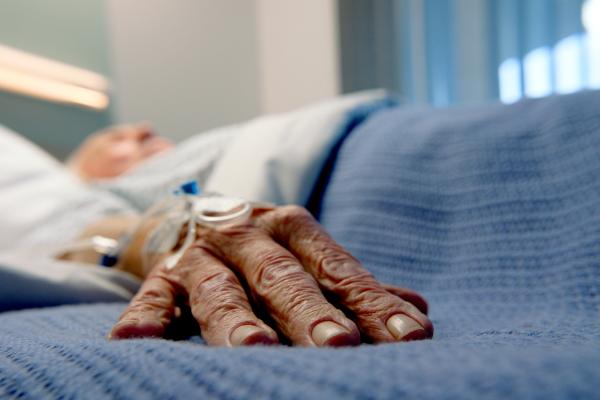
An interdisciplinary approach to research uncovers new clues to slowing disease progression.
People often associate the signs of Parkinson’s disease with tremors in the hands or feet, but patients can experience a range of symptoms, from stiffness to difficulty moving and changes in mood and cognitive function.
A degenerative neurological disorder, Parkinson’s slowly takes away the body’s ability to produce dopamine—a neurotransmitter chemical responsible for carrying signals between nerve cells in our brain. This means that movement is not the only function to suffer the effects of the disease.
While there is no cure for Parkinson’s, researcher Dr. Jon Stoessl is making headway with new treatments aimed at rewiring the brain to slow or stop the progression of the disease. His recent study, funded by the Pacific Parkinson’s Research Institute, identifies a clear association between physical activity and the preservation of motor control, as well as the non-movement-related health, of Parkinson’s patients.
“This research could have huge implications for degenerative diseases like Parkinson’s, especially since we currently do not have effective treatments to slow its progression.”

For their study, Stoessl and colleagues asked eight Parkinson’s patients who exercised regularly, and nine who led more sedentary lifestyles, to complete a series of tests. Both groups received a PET scan—an imaging test used to examine cells in the body—before and after pedaling on a stationary bike for 30 minutes. They also received a functional MRI scan—which measures changes in blood flow as a result of brain activity—while taking part in a card game with a cash reward for the correct choices.
“After both the stationary bike and card game tests, we saw evidence of a greater activation of dopamine in the brains of the group that exercised regularly.”
Both exercise and reward-based games can cause the release of dopamine in a person’s brain. However, Stoessl’s study showed that pathways in the brains of the patients who exercised regularly activated approximately five times more dopamine than those of sedentary patients.
Stronger evidence plays a key role in improving patient outcomes
Because Parkinson’s disease restricts the production of dopamine, exercise could be one way to combat its effects and reduce the symptoms of stiffness, tremor and mood swings patients experience—effectively rewiring the brains of patients.
“We think this provides exciting evidence for the possibility of rewiring the brain through exercise to slow the progression of the disease.”

Clinicians already recommend exercise to Parkinson’s patients who are physically able. However, additional evidence in support of this treatment approach shores up the rationale behind it and increases the odds that patients will comply, says Stoessl.
“Instead of telling patients to exercise because it will make them feel better, we can say that there is evidence that positive neurological changes take place in the brains of Parkinson’s patients who exercise.”
Plus, Stoessl adds, “Exercise is a treatment that is recommended for overall health, costs very little and has no side effects.”


